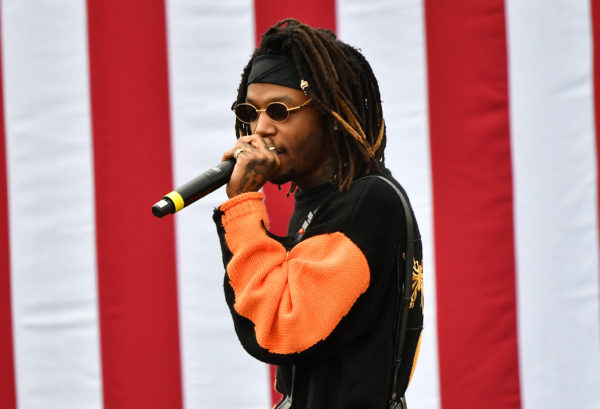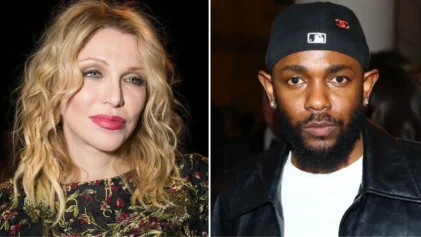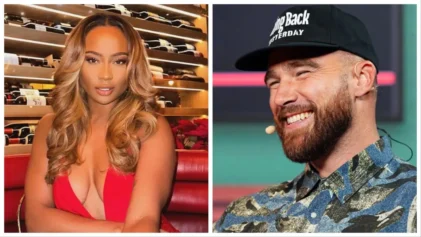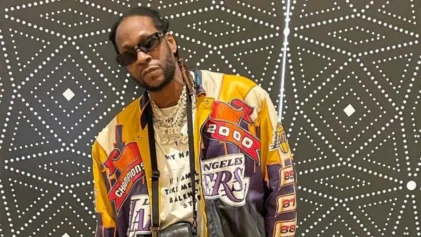Last month, a ruling came down from the Court of Appeals of Maryland that rap lyrics may be admissible in court as evidence against a defendant.
The court was hearing an appeal in the case of the January 2017 murder of George Forrester, who was shot and killed by a drug dealer after he tried to purchase cocaine using a counterfeit $100 bill, according to the judicial opinion. Forrester’s cousin, Tracy Tasker, accompanied him and fled the scene in his vehicle after viewing the shooting. She was arrested sometime later for unrelated warrants and named Lawrence Montague as the shooter.

While incarcerated, Montague made a telephone call three weeks before trial to an unidentified male “using another inmate’s personal identification number passcode,” the judicial opinion recounts. Montague asked that the unidentified male record his rap, which was then uploaded on Instagram.
The court found the rap lyrics admissible, “because they make it more probable that Mr. Montague shot and killed Mr. Forrester. The rap lyrics bear a close factual and temporal nexus to the details of Mr. Forrester’s murder, and that nexus is strengthened by Mr. Montague’s use of ‘snitch’ references to potentially intimidate witnesses,” the opinion says. Court also held that the trial judge “did not abuse his discretion” in admitting the rap lyrics.
Further in the opinion, the Court clarifies that while the lyrics include “some thematic elements native to rap as a genre, and do not recount every detail of Mr. Forrester’s murder,” the lyrics are pertinent because they “bear a close factual” and timely link to the facts of the murder.
It continues by stating that the ruling “is strengthened by the fact that Mr. Montague’s rap lyrics include ‘stop snitching’ references that, when recorded and uploaded on Instagram, serve as a vehicle to potentially intimidate witnesses to the murder. Mr. Montague’s lyrics ‘describe details that mirror’ the circumstances surrounding Mr. Forrester’s murder and, given Mr. Montague’s request to have the ‘stop snitching’ lyrics put on Instagram, ‘tend to prove his involvement’ in the crime.”
In a guest column for Variety, music industry attorney Dina LaPolt argued the ruling sets a dangerous precedent, saying that “the Court’s opinion hastily draws conclusions” while failing to understand the complex nature of the rap music genre.
“It attempts to put all rap lyrics into the categories of historical fact and fiction, failing to understand that hip-hop, like most art, is more complex than that,” LaPolt wrote. “Drawing on African-American storytelling traditions, rap often utilizes violent rhetoric as a form of intellectual competition and a vehicle for change, though such lyrics are not to be taken literally.”
She explained that the “outrageous ruling” will inhibit artists from being able to tell important stories, due to the concern that they could be incriminated.
“In a justice system already stacked against people of color, rulings like this one are a step backwards,” she concludes.“The Maryland Court of Appeals should be ashamed.”


